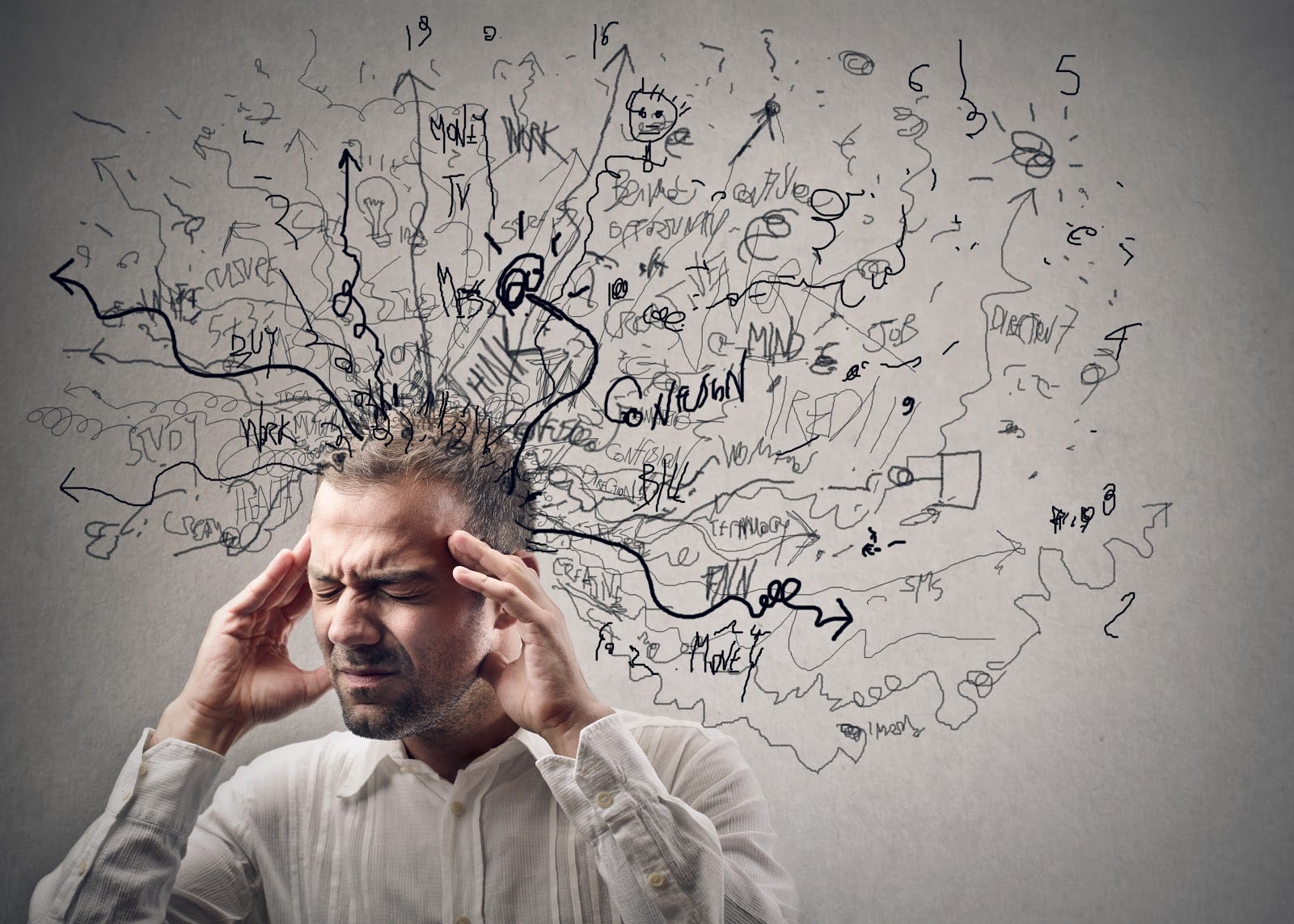In the fast-paced world of pop stardom, where late nights and early mornings are the norm, Taylor Swift has reportedly been doing the unthinkable: sleeping for a whopping 10 hours a night. This revelation has sent shockwaves through both the entertainment industry and the health community. As fans scramble to emulate every aspect of the pop icon’s life, from her red lipstick to her songwriting techniques, many are now wondering: Could Swift’s sleep habits be the key to unlocking optimal health and productivity?
The Swift Sleep Revolution
According to unnamed sources close to the star, Swift’s sleep routine includes:
- A strict 10-hour sleep schedule
- Cool, dark sleeping environment
- No electronic devices before bedtime
- Consistent sleep and wake times, even on weekends
- Relaxation techniques before bed, possibly including journaling or meditation
Swift has not publicly confirmed these claims, but the rumored routine has already sparked a trend among her devoted fanbase.
The Science of Sleep
While 10 hours of sleep might seem excessive to some, sleep experts are intrigued by the potential benefits of extended sleep periods.
Dr. Sarah Johnson, a renowned sleep researcher, explains, “Most adults need between 7-9 hours of sleep, but some individuals, especially those with demanding schedules like performers, may benefit from longer sleep durations.”
Potential benefits of extended sleep include:
- Improved cognitive function
- Enhanced creativity
- Better emotional regulation
- Stronger immune system
- Increased physical recovery and performance
Dr. Mark Thompson, a neurologist specializing in sleep disorders, adds, “Adequate sleep is crucial for memory consolidation, which could be particularly beneficial for someone like Swift who needs to remember lyrics and choreography.”
The Dark Side of Oversleeping
However, not all experts are on board with the 10-hour sleep trend. Some warn that excessive sleep can have negative health consequences:
- Increased Risk of Obesity
Dr. Lisa Chen, an endocrinologist, cautions, “Sleeping for extended periods can disrupt hormone balance and potentially lead to weight gain.”
- Potential for Depression
“Oversleeping has been linked to higher rates of depression in some studies,” notes psychologist Dr. Emily White.
- Cardiovascular Concerns
Cardiologist Dr. David Brown warns, “Some research suggests that regularly sleeping more than 9 hours a night may increase the risk of heart disease.”
- Productivity Issues
“While adequate sleep is crucial for productivity, excessive sleep can lead to grogginess and decreased motivation,” explains productivity expert Dr. Michael Green.
- Disrupted Circadian Rhythms
Sleep specialist Dr. Rachel Lee argues, “Consistently sleeping for 10 hours may throw off your body’s natural circadian rhythms, potentially leading to sleep disorders.”
The Celebrity Sleep Effect
Swift’s rumored sleep habits highlight the significant influence celebrities have on health trends. Public health expert Dr. Alex Johnson comments, “When someone as influential as Taylor Swift adopts a health practice, it can lead to widespread behavior changes, for better or worse.”
This phenomenon has been observed with various celebrity-endorsed health trends, from dietary fads to exercise routines.
Adapting the Swift Sleep Approach
For those intrigued by Swift’s reported sleep routine, experts recommend a more measured approach:
- Aim for 7-9 hours of sleep per night
- Maintain a consistent sleep schedule
- Create a relaxing bedtime routine
- Optimize your sleep environment
- Limit screen time before bed
- Consider your individual sleep needs
Sleep coach John Davis advises, “Instead of aiming for a specific number of hours, focus on how you feel. If you’re consistently waking up refreshed and energized, you’re likely getting the right amount of sleep for your body.”
The Role of Lifestyle and Genetics
It’s crucial to remember that Swift’s sleep needs may be unique to her lifestyle and genetic makeup. Factors to consider include:
- High-energy performance schedule
- Potential for flexible daytime hours
- Possible genetic predisposition for longer sleep needs
- Access to optimal sleep environments and resources
Dr. Jane Smith, a geneticist, explains, “Sleep needs can vary based on genetic factors. What works for Taylor Swift may not be appropriate for everyone.”
The Future of Sleep Research
As interest in sleep optimization grows, researchers are exploring new frontiers:
- Personalized sleep recommendations based on genetic testing
- Advanced sleep tracking technology
- Exploration of polyphasic sleep patterns
- Investigation into the long-term effects of various sleep durations
- Development of targeted therapies for sleep disorders
The Hollywood Sleep Illusion
It’s important to note that celebrities often have advantages when it comes to sleep optimization:
- Flexible schedules allowing for longer sleep periods
- Access to top-tier sleep specialists and resources
- Ability to create ideal sleep environments
- Potential use of sleep aids or therapies not disclosed to the public
Entertainment industry insider Tom Williams notes, “The sleep habits of celebrities often aren’t realistic for the average person with a 9-5 job and family responsibilities.”
Conclusion: Finding Your Own Sleep Sweet Spot
While Taylor Swift’s rumored 10-hour sleep routine has captured the public’s imagination, it’s essential to approach sleep optimization with a personalized, science-based mindset. The idea that “more is better” when it comes to sleep isn’t necessarily true for everyone.
Instead of trying to emulate Swift’s exact routine, focus on improving your overall sleep hygiene:
- Prioritize consistent sleep and wake times
- Create a relaxing bedtime routine
- Optimize your sleep environment
- Be mindful of diet and exercise habits that affect sleep
- Listen to your body and adjust your sleep duration accordingly
Remember, the goal isn’t to sleep as much as possible, but to wake up feeling refreshed and energized. This may mean 7 hours for some people and 9 hours for others.
If you’re consistently feeling fatigued despite getting adequate sleep, or if you’re having trouble falling or staying asleep, it’s important to consult with a healthcare professional. Sleep disorders are common and treatable, but require proper diagnosis and management.
Ultimately, while we may admire Swift’s dedication to sleep, it’s essential to find a sleep routine that harmonizes with your own lifestyle, responsibilities, and biological needs. By prioritizing quality sleep and listening to your body, you can write your own success story – no Grammy required.





